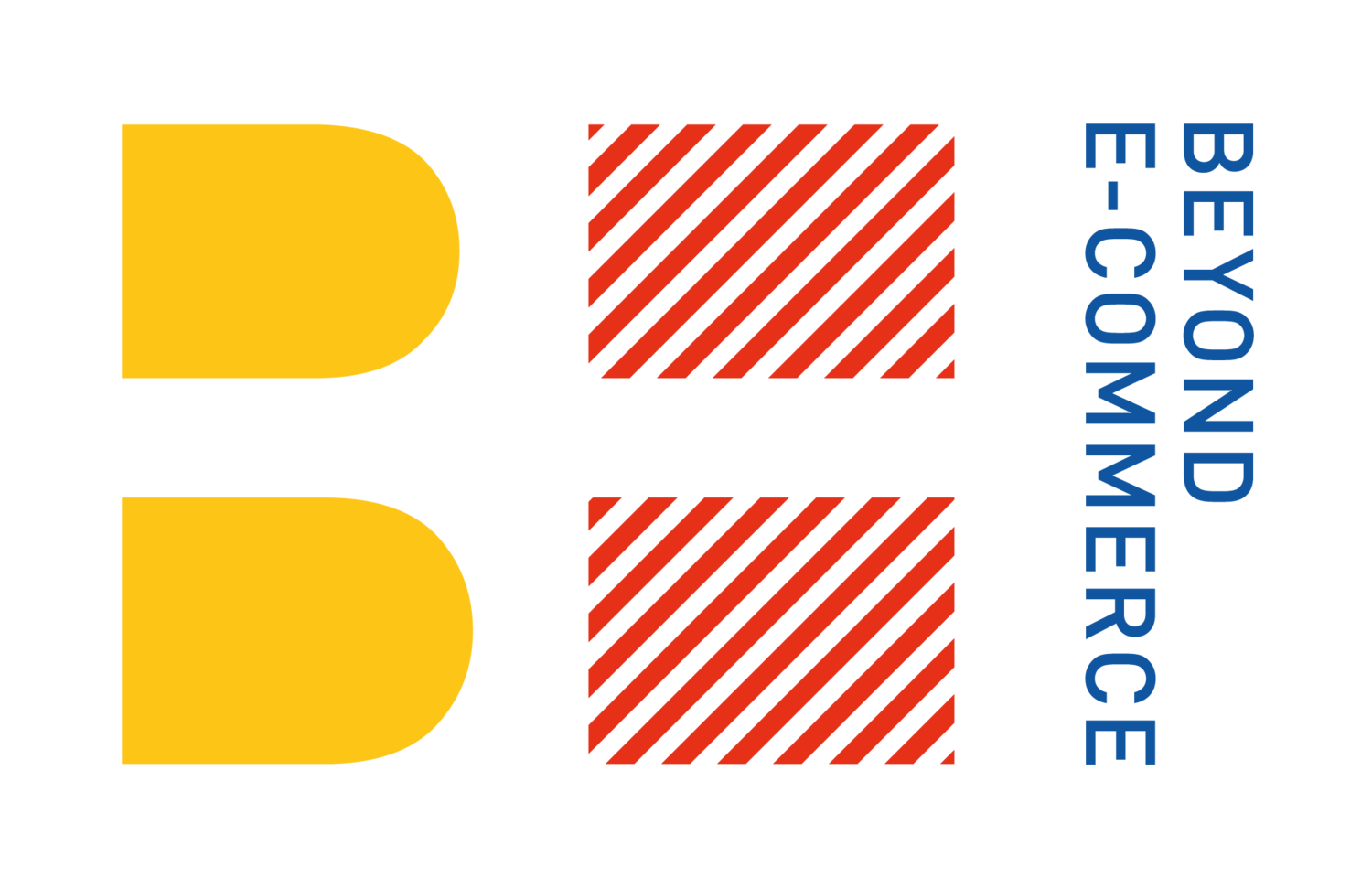Hintergründe zur Insolvenz von Keller Sports: Wie der Online-Handel von Lean Management und Kosteneinsparungen profitieren kann
Die Insolvenz von Keller Sports zeigt, dass E-Commerce-Unternehmen eine hohe operative Exzellenz benötigen, um erfolgreich zu sein.
Die größten Herausforderungen im E-Commerce sind eine zu starke Diversifizierung, Logistikprobleme, zu hohe Kosten und das Risiko, sich in ambitionierten Tech-Projekten zu verzetteln.
Um operative Exzellenz im E-Commerce zu erreichen, sollten Unternehmen eine Philosophie wie Lean Management implementieren, gezielte Kosteneinsparungen durchführen und ihre IT-Systeme und Prozesse optimieren.
Keller Sports Insolvenz Lean Management E-Commerce
Keller Sports: Warum operative Exzellenz im E-Commerce so wichtig ist
In den letzten Jahren hat sich der E-Commerce-Bereich zu einem der am schnellsten wachsenden Wirtschaftszweige entwickelt. Dies bedeutet aber auch, dass die Konkurrenz immer stärker wird und die Unternehmen gezwungen sind, sich kontinuierlich zu verbessern. Ein Unternehmen, das die Bedeutung der operativen Exzellenz nicht erkannt hat, ist Keller Sports. Das Unternehmen, das sich auf den Verkauf von Sportartikeln spezialisiert hat, ist in die Insolvenz gerutscht und steht nun vor großen Herausforderungen.
Keller Sports ist jedoch nicht alleine in dieser Situation. In der Tat haben viele E-Commerce-Unternehmen ähnliche Schwierigkeiten, die auf eine mangelnde operative Exzellenz zurückzuführen sind. Die Insolvenz von Keller Sports bietet somit eine hervorragende Gelegenheit, um die verschiedenen Themen und Herausforderungen zu untersuchen, die im E-Commerce-Bereich existieren und zeigt, wie wichtig es ist, operativ exzellent zu sein.
Ein kurzes Scheitern der Finanzierungsrunde Ende November sowie die zu starke Diversifizierung der Marke von Fitness über Running bis hin zu Sneakers, Mode und Lifestyle sowie einem eigenen Bonusprogramm haben das Geschäftsmodell von Keller Sports nicht stabil genug gemacht. Zusätzlich hat das Unternehmen auch Probleme im Bereich der Logistik und der Lieferkette. Der fehlgeschlagene Logistik-Umzug von einem Fulfillment-Dienstleister zum anderen (von PVS zu Fiege) und die zu hohen Kosten bei falsch eingeschätzter, niedrigerer Nachfrage haben zu einem massiven Verlust geführt.
Ein weiteres Problem von Keller Sports war, dass das Unternehmen sich auf zu viele ambitionierte Tech-Projekte konzentriert hat, wie z.B. die Entwicklung eines komplett eigenentwickelten Online-Shop- und Order-Management-Systems. Dies hat zu einem erheblichen Ressourcenverbrauch geführt und das Unternehmen hat nicht genügend Ressourcen für seine Kerngeschäftsprozesse aufbringen können.
Die fehlende Flexibilität in der Logistik, Supply Chain und Operations war ein weiterer Faktor, der zur Insolvenz von Keller Sports beigetragen hat. Der Online-Handel ist sehr dynamisch, und es gibt oft schwankende oder stark steigende Peak-Nachfrage, die es zu bewältigen gilt. Wenn Unternehmen nicht schnell genug reagieren können, kann dies zu einer schlechten Kundenerfahrung und letztendlich zu einer Insolvenz führen.
Es ist offensichtlich, dass E-Commerce-Unternehmen Maßnahmen ergreifen müssen, um sich auf diese Herausforderungen vorzubereiten. Dazu gehört die Implementierung einer Operations-Philosophie wie Lean Management, die es Unternehmen ermöglicht, schnell auf sich verändernde Lastspitzen und Täler zu reagieren. Ein Lean Management-Ansatz erfordert eine Kultur der kontinuierlichen Verbesserung, die es Unternehmen ermöglicht, die Effizienz und Effektivität ihrer Geschäftsprozesse zu optimieren.
Eine weitere Möglichkeit, operative Exzellenz im E-Commerce-Bereich zu erreichen, besteht darin, gezielte Kosteneinsparungen durchzuführen. Unternehmen können dies tun, indem sie eine Vielzahl von Strategien anwenden, wie z.B. das Etablieren der Philosophie des Kaizen, um kontinuierliche Verbesserungen in allen Marketing- und Operationsbereichen zu erzielen. Einbinden von Mitarbeiter-Ideen über KVP-Prozess, striktes Streichen der ‘7 Arten der Verschwendung' in allen Wertschöpfungsprozessen und die Order Process Automation können ebenfalls dazu beitragen, die Effizienz zu steigern. Darüber hinaus sollten Unternehmen ihre Budget-Allokation im Marketing konsequent an ROAS ausrichten, um sicherzustellen, dass ihre Marketingausgaben sinnvoll sind.
Value Stream Mapping für alle Wertschöpfungsprozesse und die Eliminierung nicht-wertsteigernder Tätigkeiten ist ein weiterer wichtiger Schritt, um operative Exzellenz zu erreichen. Unternehmen sollten ihr Target Operating Model (TOM) zwischen Business, IT und Operations neu ausrichten und das Digitalisierungs-Projektportfolio neu priorisieren. Auch die IT-Entwicklung sollte an den MVP-Ansatz (Minimum Viable Product) oder MVO (Minimum Viable Offering) ausgerichtet werden, um schneller auf Änderungen reagieren zu können.
In IT und Operations können Unternehmen auch durch die konsequente Anwendung von 5S an allen Arbeitsplätzen in Logistik, Customer Care und Order Management Kosten sparen. Die Reduzierung von 'Data Waste' durch Mustererkennung in Bestellungen und Supply Chain kann ebenfalls dazu beitragen, bessere Order-Forecasts zu erstellen und die Effektivität der Lieferkette zu steigern.
Ein weiterer wichtiger Schritt, den Unternehmen unternehmen können, ist die Verstärkung der Nutzung von Customer Self Help in Customer Care (FAQ, Chatbot, etc.). Unternehmen können auch Mindestbestellwerte oder Versandkosten einführen, um ihre Kosten zu senken. Es ist auch wichtig, dass Unternehmen eine Make-or-Buy Entscheidung für Logistik, Customer Care und IT treffen, um dauerhafte Kostenvorteile zu erzielen.
Eine weitere wichtige Maßnahme besteht darin, kleine Einheiten in der Logistik einzuführen, die als U-Inseln angelegt sind und über eine einheitliche Optimierungs-Logik des Lean Managements ihren Durchsatz jeweils erhöhen. Dies stellt sicher, dass Unternehmen schnell auf sich verändernde Bedingungen reagieren können und gleichzeitig ihre Kosten im Griff behalten. Insgesamt ist es wichtig, dass E-Commerce-Unternehmen die Bedeutung der operativen Exzellenz verstehen und Maßnahmen ergreifen, um sich auf die Herausforderungen des Online-Handels vorzubereiten. Eine Kombination aus einer Operations-Philosophie wie Lean Management und gezielten Kosteneinsparungen kann dazu beitragen, die Effizienz und Effektivität von Unternehmen zu steigern und sicherzustellen, dass sie wettbewerbsfähig bleiben.
